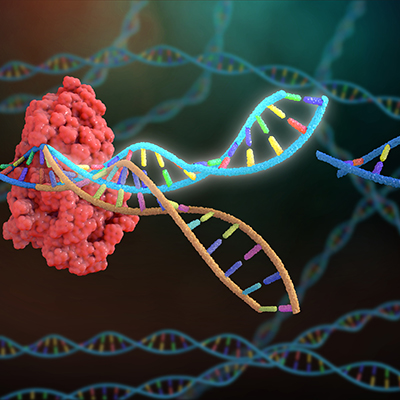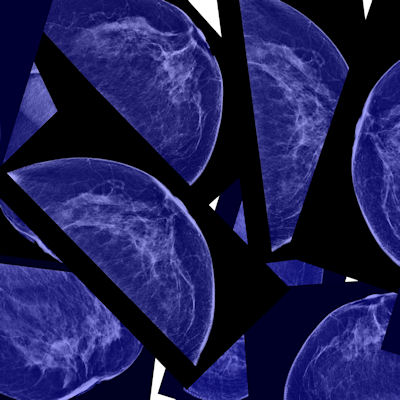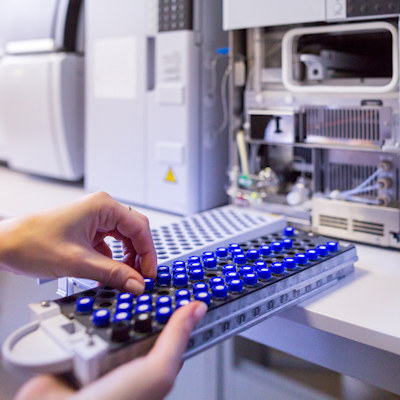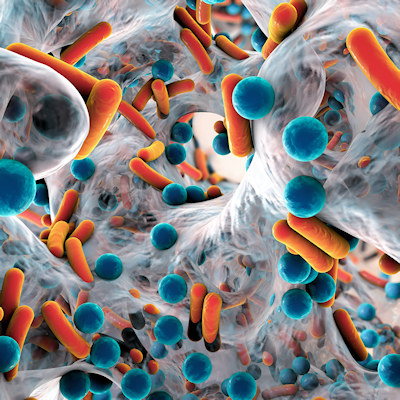 Genomics AI firm Genomenon acquires Boston Genetics
Genomics AI firm Genomenon acquires Boston Genetics
Genomenon on Tuesday said that it has acquired the genomics interpretation and curation firm Boston Genetics. Read More
 Scanning ion conductance spectroscopy in study enables precise DNA identification
Scanning ion conductance spectroscopy in study enables precise DNA identification
Researchers at the Ecole Polytechnique Fédérale de Lausanne (EPFL) have developed a new nanopore approach for manipulating individual molecules such as DNA that allows unprecedented control and precision. Read More
 Future Fields, Jenthera Therapeutics collaborate to develop novel protein for the delivery of cancer biologics
Future Fields, Jenthera Therapeutics collaborate to develop novel protein for the delivery of cancer biologics
Biotech firm Future Fields and gene-editing firm Jenthera Therapeutics this week announced a collaboration focused on the manufacturing of a first-of-its-kind cancer-fighting protein. Read More
 Reveal Genomics highlights results for breast cancer predictive test in phase II clinical trial
Reveal Genomics highlights results for breast cancer predictive test in phase II clinical trial
Precision oncology firm Reveal Genomics on Thursday announced that its HER2Dx genomic test for HER2+ breast cancer has been validated in the PHERGain phase II clinical trial. Read More
 Burning Rock Biotech highlights breast cancer study using its genomic profiling test
Burning Rock Biotech highlights breast cancer study using its genomic profiling test
Precision oncology firm Burning Rock Biotech on Thursday announced that its genomic profiling test, OncoScreen Plus, was used in a phase III multiregional breast cancer clinical trial, alongside Foundation Medicine's FoundationOneCDx. Read More
 Thermo Fisher Scientific, Seer expand collaboration to broaden access to mass-spec proteomics
Thermo Fisher Scientific, Seer expand collaboration to broaden access to mass-spec proteomics
Life sciences proteomics firm Seer on Wednesday announced an expanded collaboration with Thermo Fisher Scientific. Read More
 FDA updates recommendations to modernize design, conduct of clinical trials
FDA updates recommendations to modernize design, conduct of clinical trials
The U.S. Food and Drug Administration (FDA) on Tuesday released a draft guidance document with updated recommendations for good clinical practices aimed at modernizing the design and conduct of clinical trials. Read More
 Metagenomics study finds antibiotic resistance genes are widespread among bacteria
Metagenomics study finds antibiotic resistance genes are widespread among bacteria
Genes that make bacteria resistant to antibiotics are more widespread in our environment than was previously realized. Read More
 BioCentriq, Kytopen expand partnership on cell therapy manufacturing technology
BioCentriq, Kytopen expand partnership on cell therapy manufacturing technology
BioCentriq, a contract development and manufacturing organization specializing in cell therapy, and Kytopen, a Massachusetts Institute of Technology-based startup, on Tuesday announced that they are expanding their partnership. Read More
 Researchers identify genomic variants for rare genetic skin disorder
Researchers identify genomic variants for rare genetic skin disorder
Researchers used genome sequencing to identify the genomic variants that cause disabling pansclerotic morphea, a rare and serious inflammatory skin disorder. The results, published Wednesday in the New England Journal of Medicine, may point the way to a treatment, the researchers said. Read More
Conferences
Science Briefs
Member Rewards
Earn points for contributing to market research. Redeem your points for merchandise, travel, or even to help your favorite charity.
Research Topics
Interact with an engaged, global community of your peers who come together to discuss their work and opportunities.
Connect
Tweets by @ScienceBoard






